Vata in its element is responsible for the smooth locomotory function and nerve conduction. When deranged, it causes pain, swelling and movement restriction in the affected regions. Rasnapanchakam Kashayam is an efficient Vata pacifying combination used in the management of chronic inflammatory conditions like rheumatoid arthritis, cervical and lumbar spondylitis, osteoarthritis, etc.
Kashaya or herbal decoctions harness the healing properties of herbs and roots in a mild and easily absorbable water base. Rasnapanchakam Kashayam brings together Rasna, Guduchi, Eranda, Devadaru and Shuntiin a prime Vata-hara combination.
Features & Benefits
- Herbal decoction of Rasnapanchakam Kashayam consists of five ingredients with superlative anti-rheumatic properties.
- The decoction balances Vata-Kapha elements in the system. It relieves pain and oedema associated with inflammation.
- Rasnapanchakam Kashayam breaks down Ama or disease-causing complexes that accumulate in joints and deeper tissues in the body.
- It strengthens the functional aspect of Vata, restores mobility and stability to bones and joints.
- It heals bones and joints ravaged by deranged Kapha-Vata elements.
Dosage and Instructions
Adult: 15-20 ml of Rasnapanchakam Kashayam mixed with 45-60 ml of boiled and cooled water, twice daily on empty stomach.
Child: 10-15 ml of Rasnapanchakam Kashayam mixed with 30-45 ml of boiled and cooled water, twice daily on empty stomach
Key Ingredients
Rasna (Alpinia Galanga)
Rasnaalso known as Alpinia Galanga is an Ayurvedic Medicinal which is a rhizome grown in most of Southeast Asia and is used in cooking and homemade remedies. Rasnaplant is used in many Ayurvedic medicines in India, Tibet, Africa to help with inflammation, bronchitis, asthma, cough, indigestion, piles, joint pains, obesity, diabetes. The paste of the leaf is also applied externally to reduce swelling.
Guluchi (Tinospora cordifolia)
It is a well-recognized and widely distributed traditional plant that is used successfully in Indian Ayurveda medicine. Guduchi helps increase the effectiveness of protective white blood cells which fight infection. The herb also augments immune responses to infections by influencing various immune effector cells and ensures early recovery. Its effective in Infections in the respiratory system, skin, and soft tissues, Infected wounds, especially in diabetic conditions and immune-compromised conditions.
Eranda(Ricinus communis)
It is scientifically known as Ricinus communis. All the parts of this herb have medicinal value. Castor seeds and seed oil is used since ancient times to cure disorders like rheumatism, worm infestation, and abdominal disorders. External application of this oil is used to relieve boils, furuncles, and various skin related disorders
Devadaru (Cedrus deodara)
Also is known as Cedrus deodara or Himalayan cedar, it is very effective in neurological disorders, asthma, pruritus, infested wound. Devadaru is also effective in arthritis and headache. Deodar oil contains two major sesquiterpenoids a and b – himachalenes. Deodardione and deodardione are also isolated from the essential oil. The oil shows invitro antibacterial, antifungal, and anti-inflammatory activity.
Shunti (Zingiber officinalae)
Due to its strong flavor, Ginger is an essential ingredient in many Asian cuisines. Its therapeutic benefits have been recorded in Ayurvedic and Traditional Chinese Medicine. Ginger is a potent anti-nauseatic and is beneficial in treating upset stomach. Gingerol and shogaol, active components of Ginger, suppress gastric contractions. Both the fresh and dried rhizomes of Ginger suppress gastric secretion and reduce vomiting. The compounds 6-gingerol and 6-shogaol have a number of pharmacological properties, including antipyretic, analgesic, antitussive and hypotensive properties.








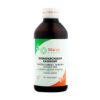
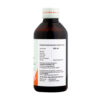
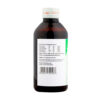






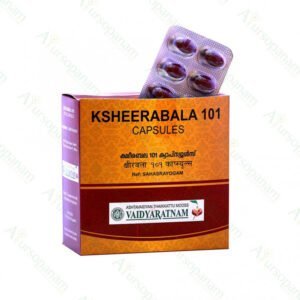


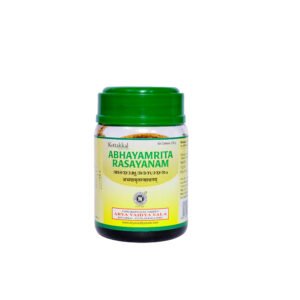








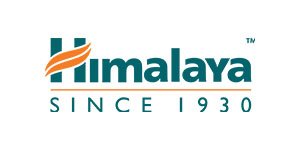




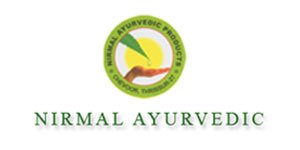

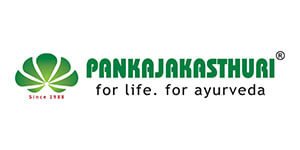

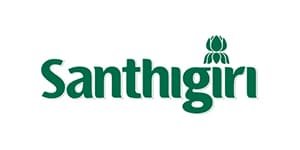
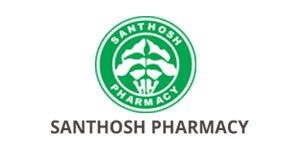

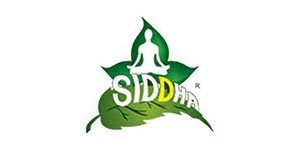











Ratings & Customer Reviews
Reviews
There are no reviews yet.